Recent developments in First Person View (FPV) drone racing highlight an intriguing twist as autonomous drones, powered by artificial intelligence, have emerged victorious against human champions. This breakthrough signifies a notable milestone in drone technology and AI applications.
The Rise of FPV Drone Racing
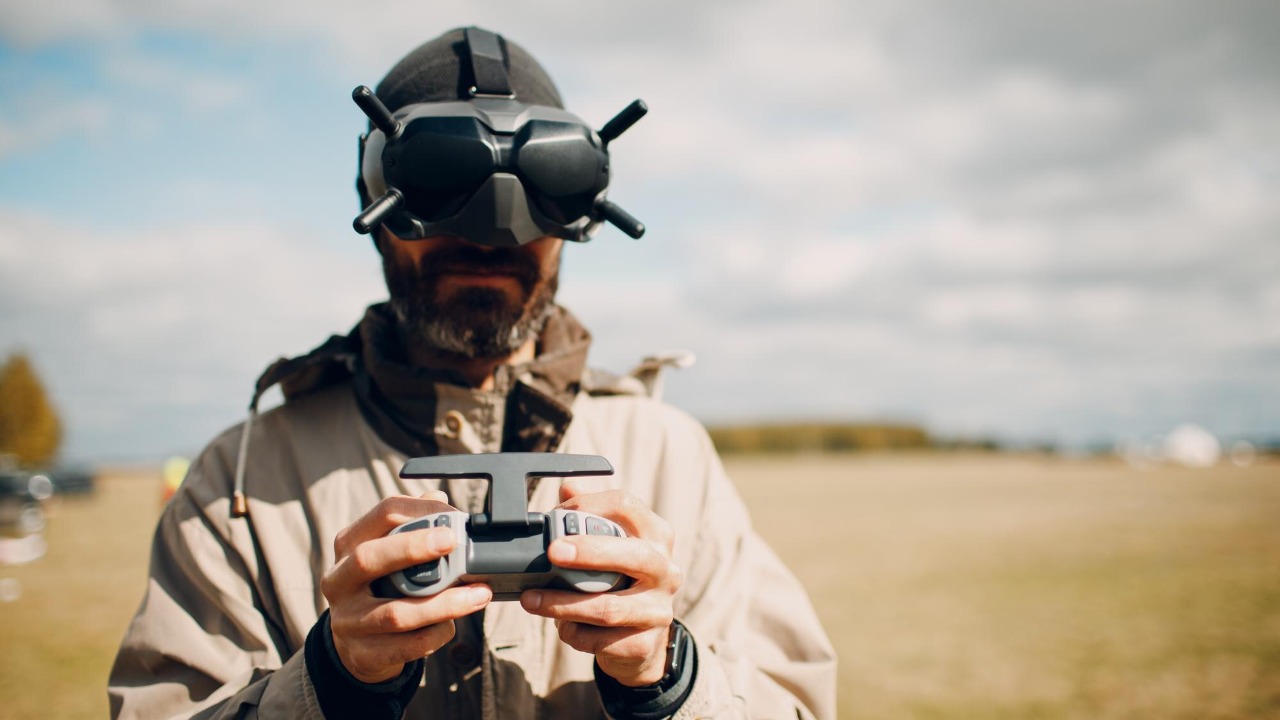
FPV drone racing has evolved rapidly since its inception, with the sport gaining traction in the competitive arena around 2015. The sport entails pilots flying drones at high speeds, navigating through complex race courses using a live video feed from a camera mounted on the drone. This blend of virtual reality and high-speed racing has intrigued enthusiasts and professionals alike.
The technological advancements in drone racing have been substantial, moving from basic remote-controlled devices to sophisticated, high-performance machines. Despite these advancements, human pilots have remained an integral part of FPV drone racing, responsible for controlling the drone’s direction, speed, and maneuvers. The importance of human pilots in traditional FPV drone racing cannot be understated, as their skills, reactions, and strategies have been the driving force behind the sport’s growth and popularity.
The Advent of AI in Drone Racing
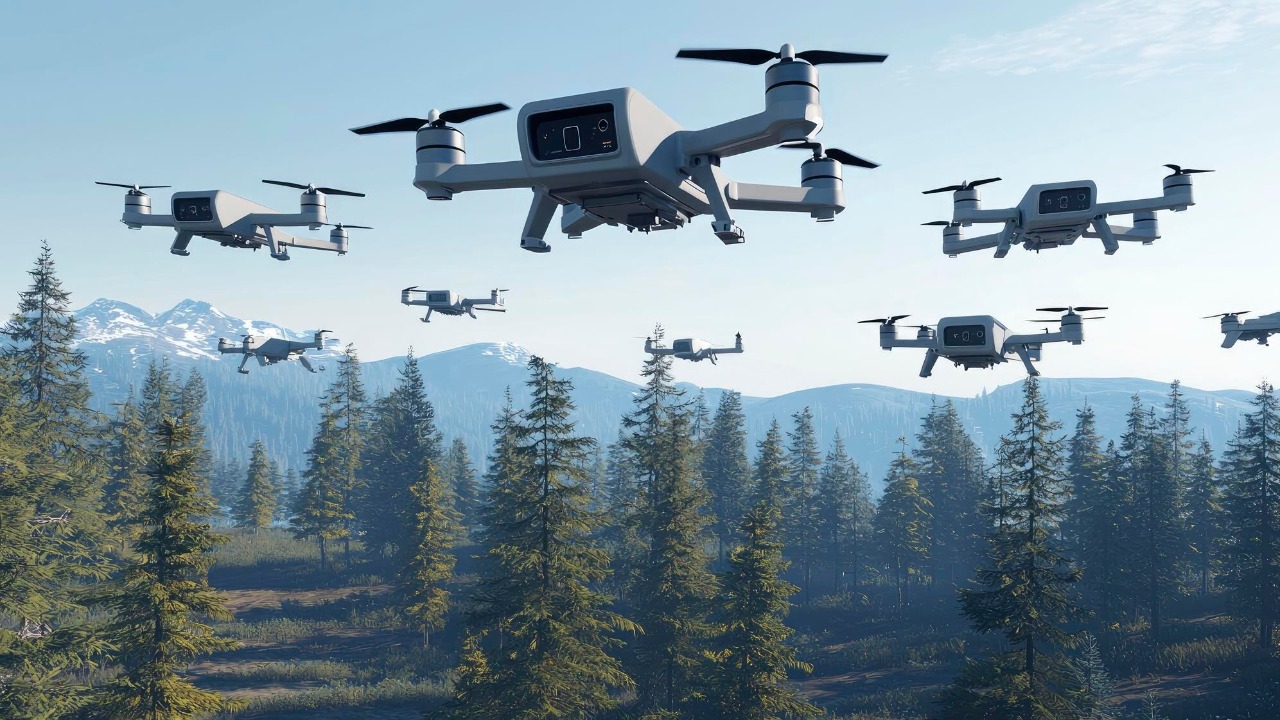
With advancements in technology, the concept of AI-powered autonomous drones has become a reality. These drones, powered by complex algorithms and machine learning, can navigate race courses without any human intervention. Various technologies have been developed to enable AI to pilot drones, including computer vision, sensor fusion, and path planning algorithms.
The potential of AI in transforming drone racing is immense, with autonomous drones having the capability to learn and refine their strategies, potentially surpassing the limitations of human pilots. The introduction of AI in this sport is not only a technological marvel but also a testament to the potential of AI in competitive sports.
The Historic Race: AI vs Human Champions
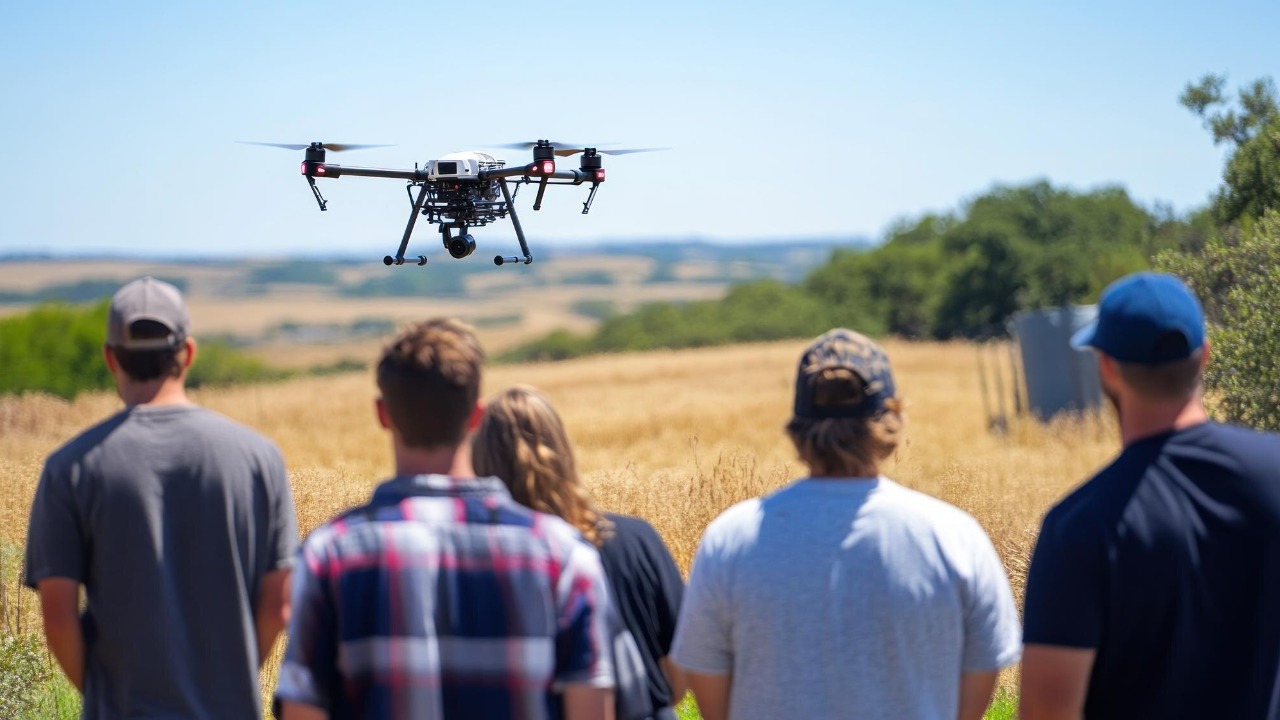
The historic race where AI-powered drones outperformed human champions was a spectacle to behold. With the autonomous drone from TU Delft taking the lead, it was a clear indication of the prowess of AI in this field. Detailed analysis of the race revealed the AI drones’ ability to make split-second decisions, navigate complex routes, and adjust their speed and direction with precision.
The drone racing community and spectators were both astonished and intrigued by this development. The results sparked debates on the future of the sport and the role of AI, with some viewing it as a threat to human pilots, while others saw it as an opportunity to push the boundaries of the sport.
The Science Behind the Victory
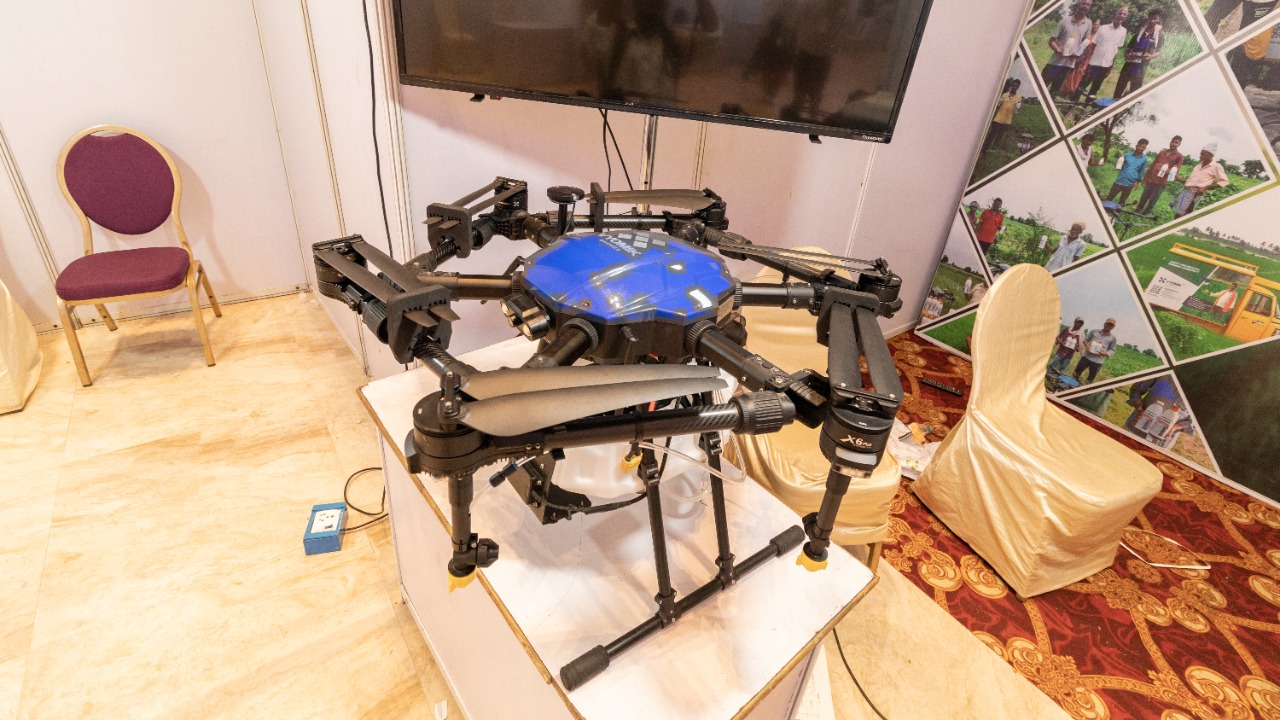
The technology and algorithms that powered the winning AI drone are quite complex. Machine learning algorithms, computer vision, and sensor fusion played a crucial role in enabling the drone to analyze the race course and make decisions. These technologies allow the drone to take inputs from the environment, process the information, and make strategic moves to navigate through the course.
Training AI drones for racing involves a combination of simulation and real-world experiments. The drone’s AI system is trained using thousands of simulations, enabling it to learn from various scenarios and develop strategies. The AI system is then tested and refined in real-world conditions to ensure its reliability and performance.
Implications of AI Victory in FPV Drone Racing
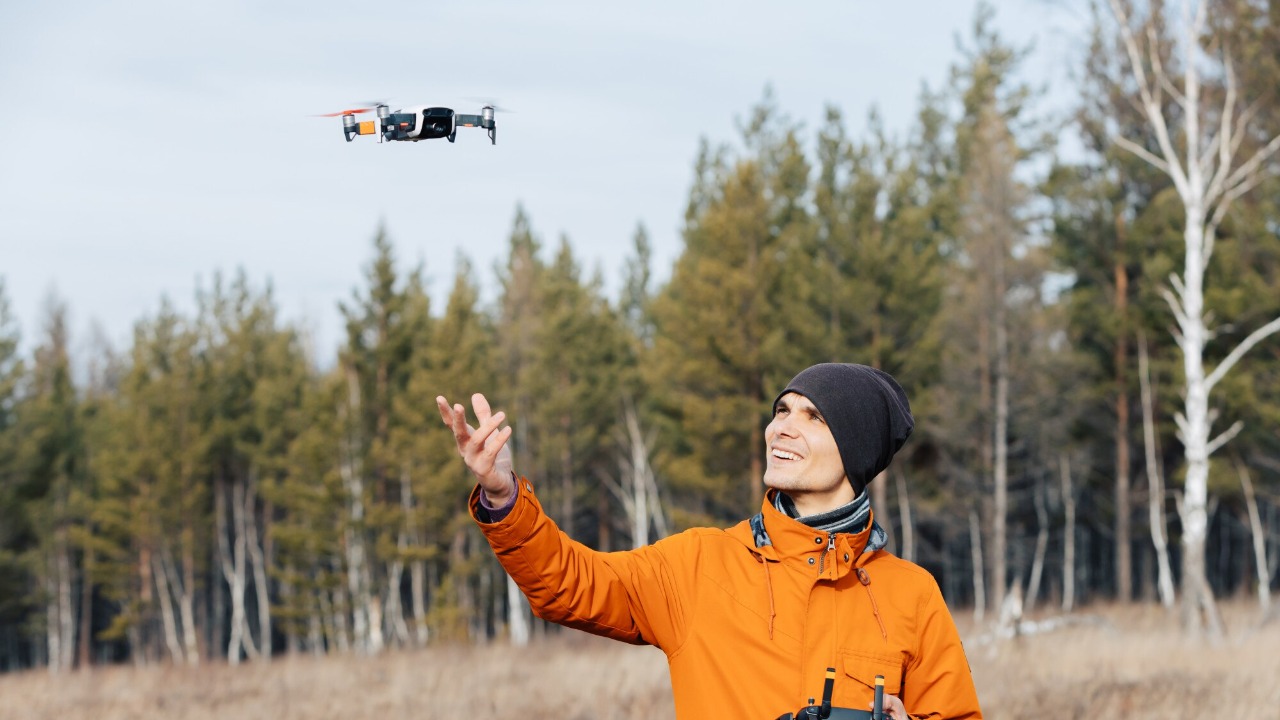
The implications of AI victory in FPV drone racing are vast and varied. For human drone racers, it poses challenges as well as opportunities. While AI’s victory may seem to overshadow human skills, it also pushes pilots to enhance their skills and strategies to compete with these advanced machines. The victory also raises questions about the role of human pilots in future races and the nature of the sport itself.
The impact on the sport of drone racing is also significant. The introduction of AI could lead to more exciting and unpredictable races, attracting more viewers and participants. It could also pave the way for a new category of races featuring AI vs human competitions. The future of AI in competitive sports, thus, appears promising and filled with endless possibilities.
Expanding Horizons: AI in Drone Technology Beyond Racing
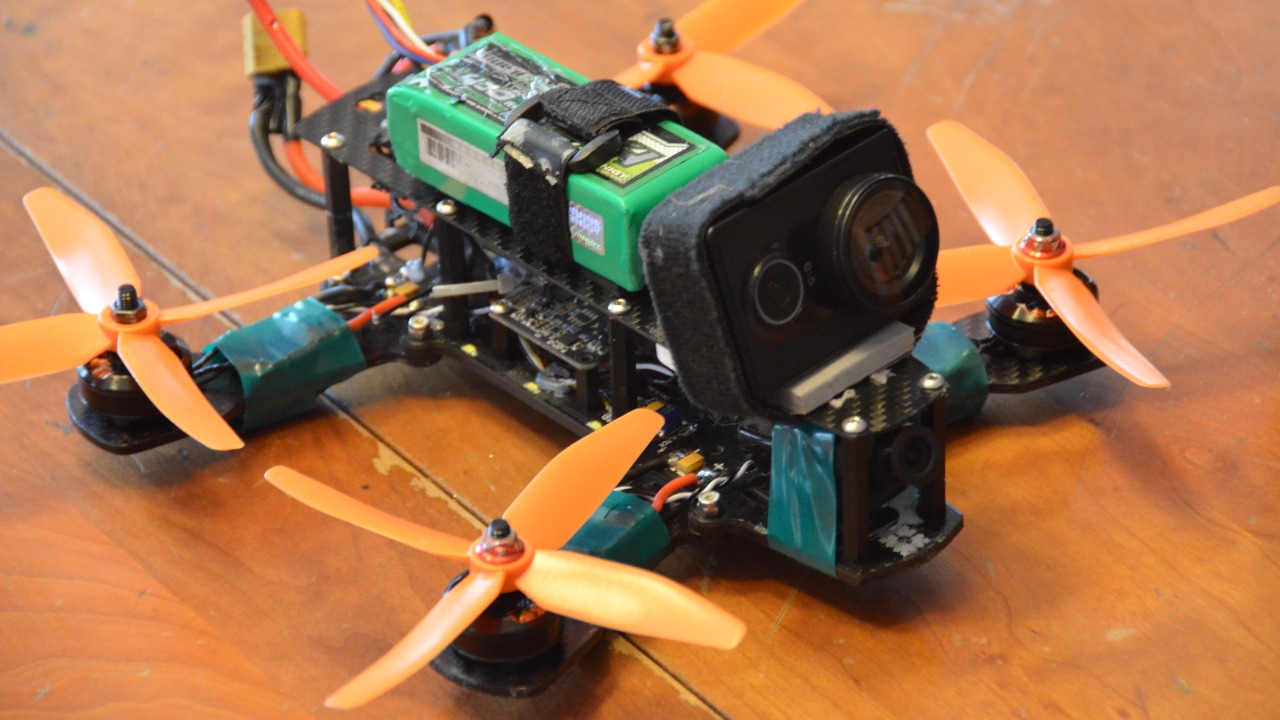
AI is revolutionizing drone technology beyond racing. Autonomous drones have potential applications in various industries, including agriculture, surveillance, and delivery services. For instance, autonomous drones can be used for crop monitoring, delivering goods to remote areas, or conducting surveillance in hazardous environments.
AI-enabled drones are also being explored for use in search and rescue missions, where they can navigate through challenging terrains and provide real-time data. The future prospects of AI in drone technology are vast, with potential to transform various sectors and create new opportunities.